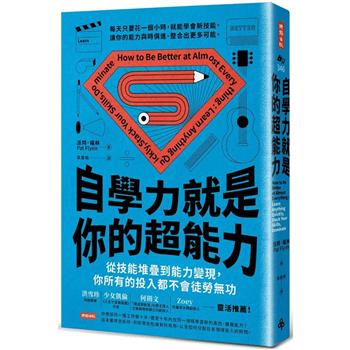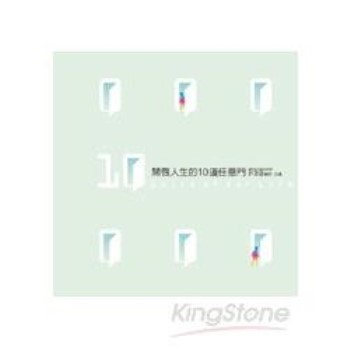Reza N. Jazar, Ph.D., is a Professor of Mechanical Engineering at RMIT University. He received his Ph.D. in Nonlinear Vibrations and Applied Mathematics, M.Sc. in Mechanical Engineering and Robotics, and BSc in Mechanical Engineering and Internal Combustion Engines. His areas of expertise include nonlinear dynamic systems and applied mathematics. He has obtained original results in non-smooth dynamic systems, applied nonlinear vibrating problems, time optimal control of dynamic systems, and mathematical modeling of vehicle dynamics stability. Professor Jazar is the author of several monographs on vehicle dynamics, robotics, dynamics, vibrations, and mathematics and published numerous professional articles and several book chapters in research volumes. Many of his books have been adopted by universities for teaching and research and by research agencies as standard models for research results. He has collaborated with several Canadian, American, Asian, Middle Eastern, and Australian universities and worked in the automotive industry for several years. His background of working for different international engineering firms and educational systems provides him with vast experience and knowledge that allows him to publish his research on essential topics in engineering and science. His unique writing style helps readers learn the subject matter in his book quickly and easily.
Liming Dai, Ph.D., is a Professor of Industrial Systems Engineering at Regina University. He received his Ph.D. from the University of Calgary and M.Sc. from the University of Regina. Professor Dai is working in linear and nonlinear vibrations/oscillations and the control of vibrations subjected to static and dynamic loadings; numerical simulation of nonlinear dynamical systems, sound and wave propagation; enhanced oil recovery (EOR) with seismic wave and vibration stimulation; industrial noise, traffic noise, and noise control with acoustic design for industrial and domestic facilities; analysis with finite element method, nonlinear dynamics, and fracture mechanics for assessment of crack initiation and propagation in materials under cyclical loading, high pressure, and high temperature; metallurgy, microstructures, and property aspects of engineering materials and welding of engineering materials; design (CAD, FEA) and manufacturing (CAM) aspects of pressure vessels, piping, and LPG transportation vehicles used in petroleum industries; and strategies and analysis of engineering and operations management.












